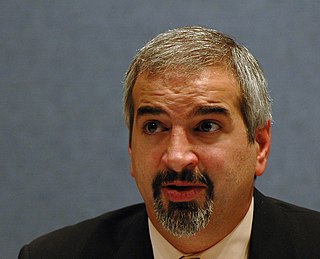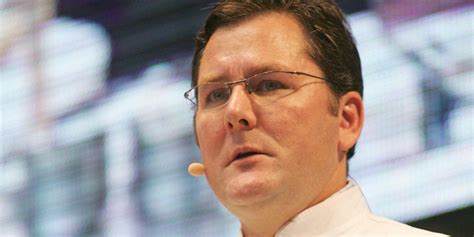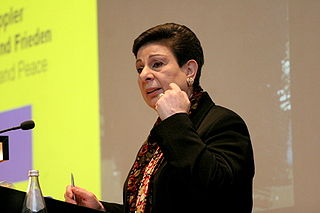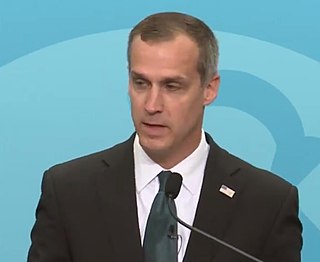A Quote by Amy Waldman
I think in the wake of 9/11, like a lot of Americans, you know, we were all very traumatized by the attacks, traumatized in a totally different way by some of what happened afterward in response. And I think there have been these questions hovering in the past decade of, what kind of country are we? Who are we?
Related Quotes
Although my own view is that bin Laden does not want to stage an attack that looks like 9/11 in Europe simply because he does not want to be the agent of Trans-Atlantic reconciliation. I think they will continue to do attacks like Madrid, the British attack, the subway systems, because those attacks have proven that the European response so far has been to blame the domestic government, not to side with the Americans.
I think what happened is that everybody's impressions got formed in those first few minutes. And I felt like, by the latter part of it, I kind of clawed my way back into the discussion. But everybody's impressions were set at the beginning. And wholly apart from me and whether I was good or bad, you know, there were a lot of hostile questions.
There are people starving in the siege, there are children traumatized and terrified. There are men women and children dying. This is a situation that has reached the proportions of a tremendous humanitarian crisis. It is a tragedy and every minute that passes we lose lives and more people are brutalized and traumatized.
I grew up in Canada and I was 10 years old when 9/11 happened. And I think that really changed the landscape for Arabs around the world, obviously, but especially Arab actors, I think we started getting viewed a little different. Like, my whole experience just as a kid before 9/11 and after 9/11 was drastically different.
We think that the world is limited and explained by its past. We tend to think that what happened in the past determines what is going to happen next, and we do not see that it is exactly the other way around! What is always the source of the world is the present; the past doesn't explain a thing. The past trails behind the present like the wake of a ship and eventually disappears.
But I think the goal of all these attacks is the same, which is to seize maximum media attention. Maybe some of these attacks were meant to be small. Some of them might have been failed larger attacks. And some of them are just part of a new strategy of doing lots of tiny attacks, as opposed to one large one.
There's been a certain amount of opportunism in the wake of the Paris attacks in 2015, when there was almost a reflexive assumption that, "Oh, if only we didn't have strong encryption out there, these attacks could have been prevented." But, as more evidence has come out - and we don't know all the facts yet - we're seeing very little to support the idea that the Paris attackers were making any kind of use of encryption.



































